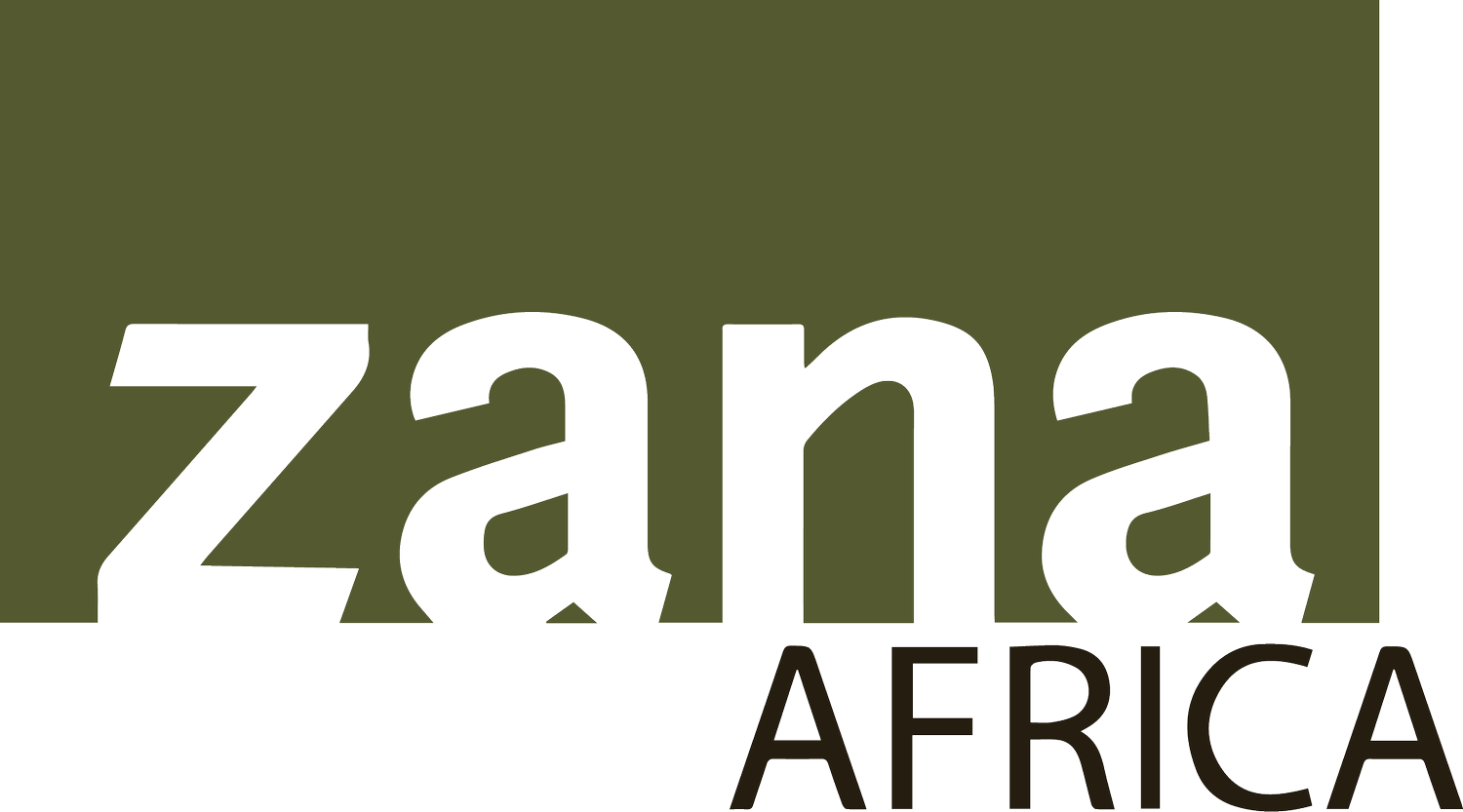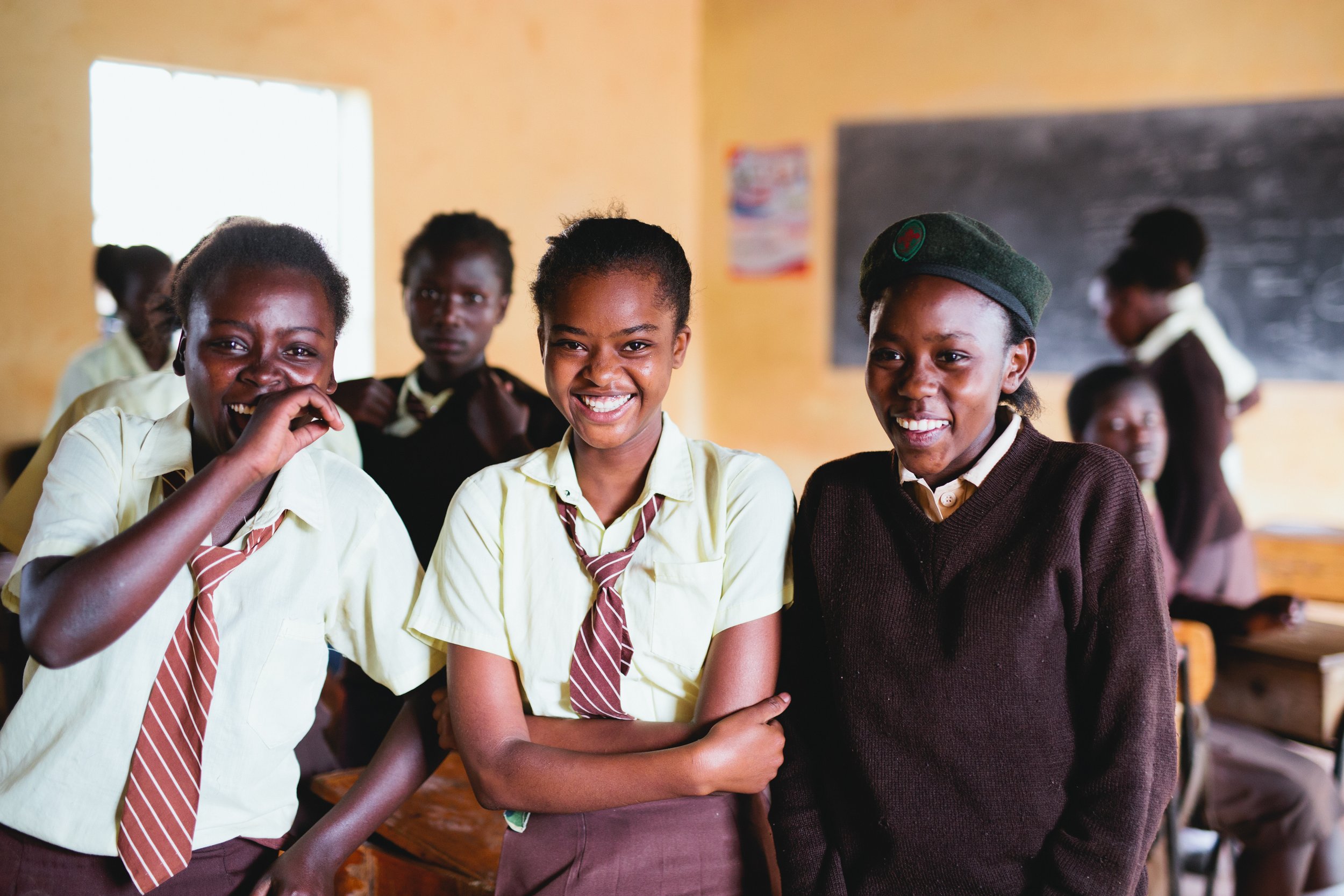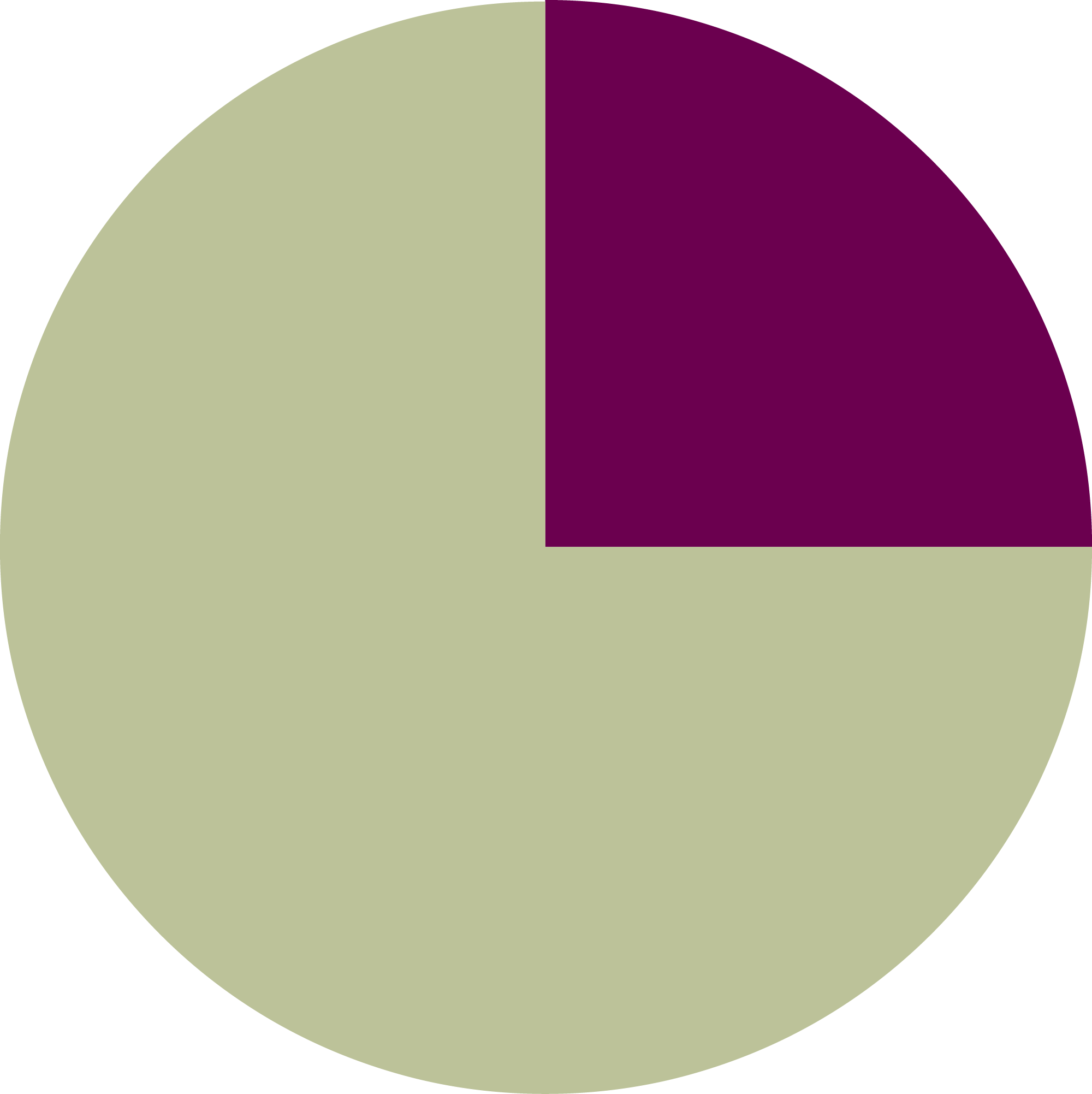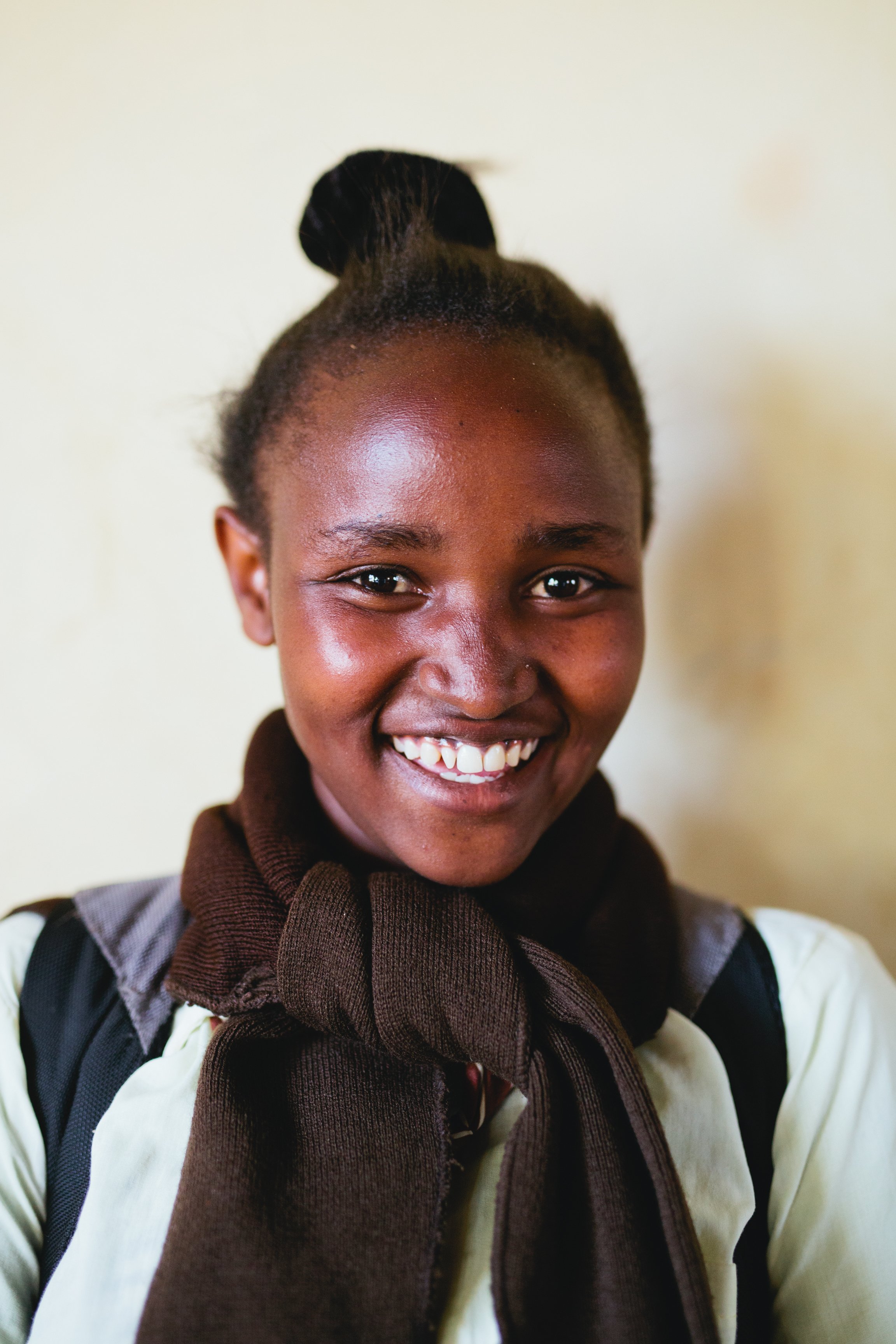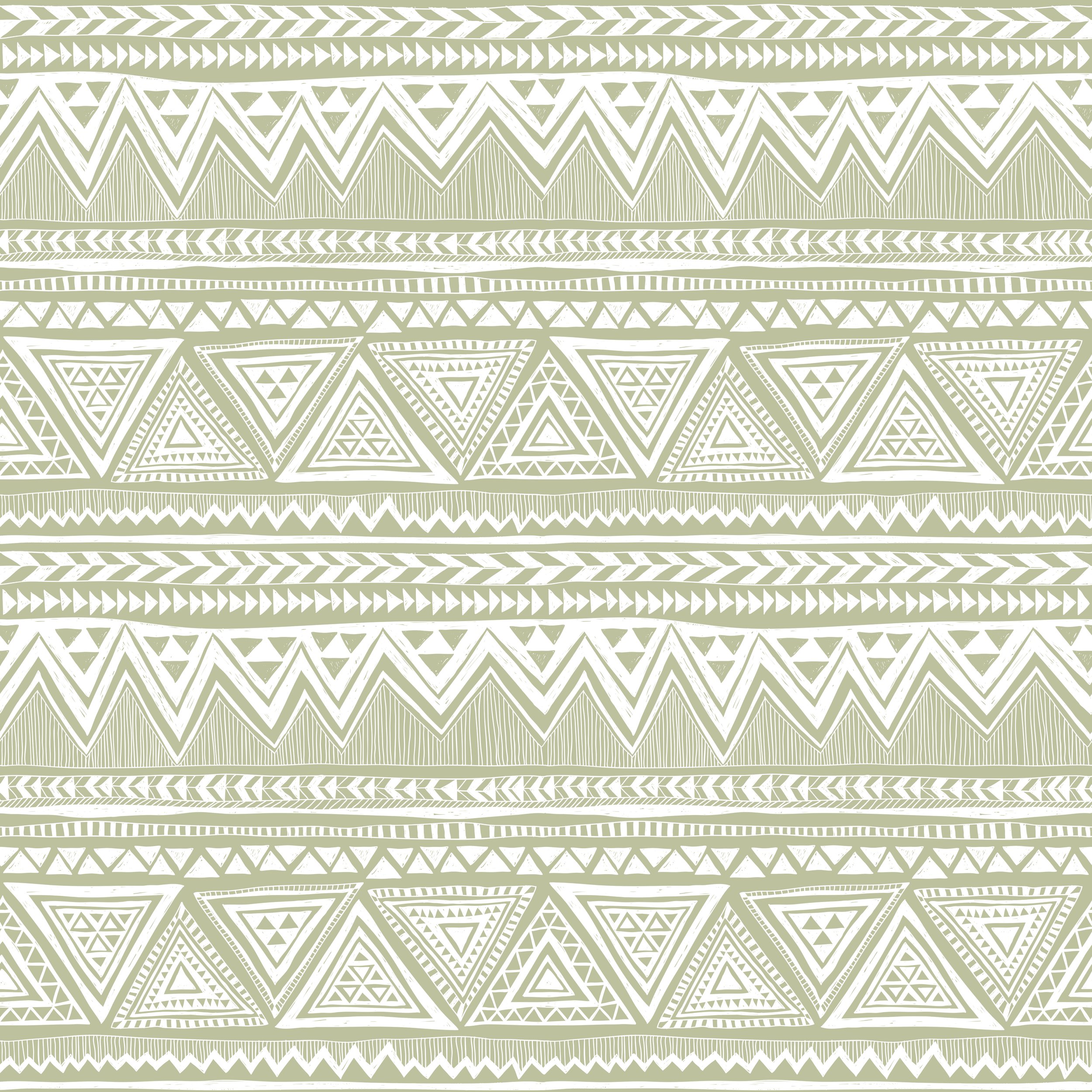
ZanaAfrica equips adolescent girls in Kenya with the tools they need to safely navigate puberty and unlock their potential.
In Kenya (and worldwide), puberty marks a time when girls’ worlds and opportunities begin to shrink while boys’ worlds and opportunities expand, deepening gender inequalities.
Adolescent girls risk life-changing violations of their human rights.
Teen pregnancy
Sexual and gender-based violence
Early marriage

A lack of reproductive
health education
+
the inability to manage menstruation reliably
=
A negative impact in girls’
health
confidence
safety
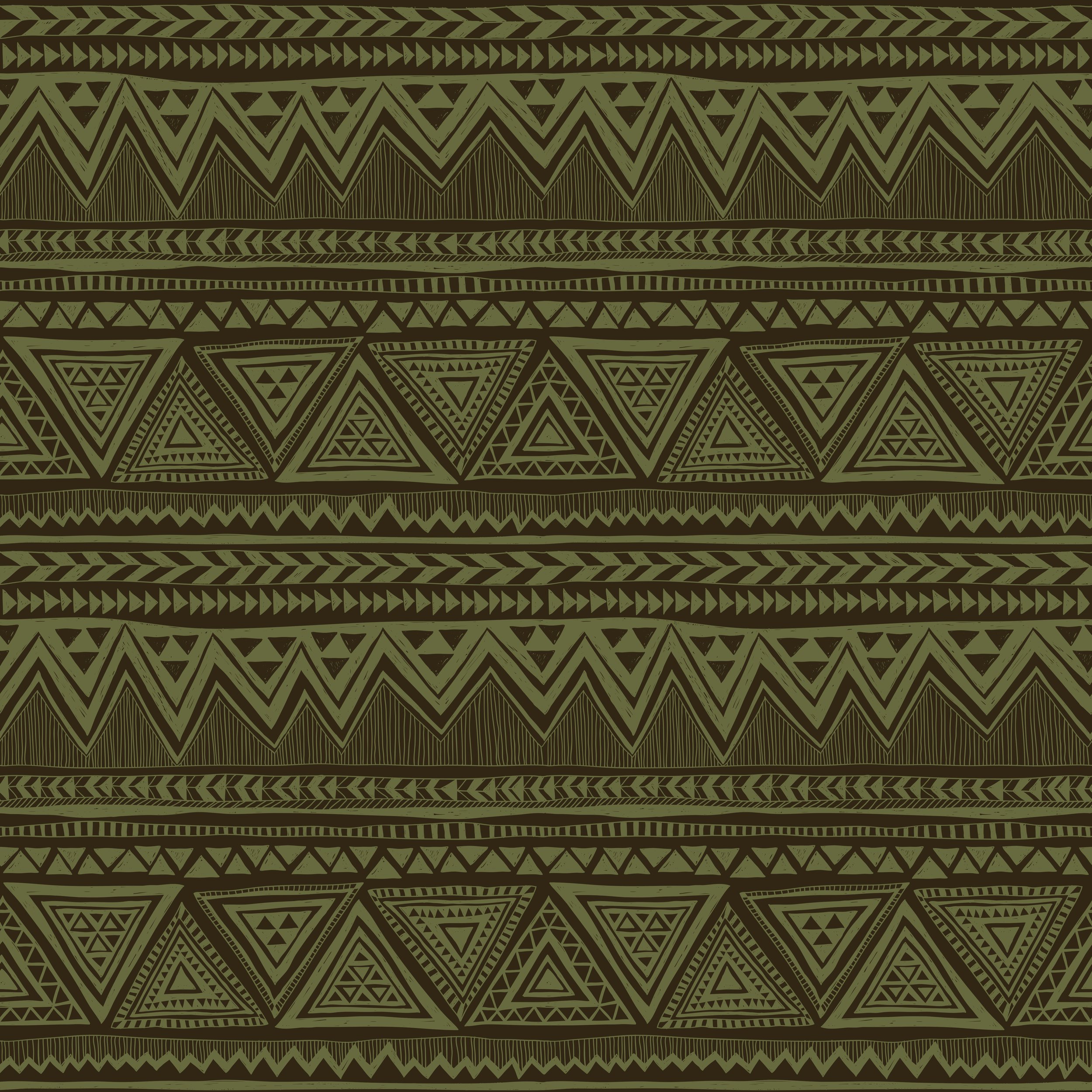
In Kenya, girls need knowledge of their bodies and rights.
2 in 3 girls cannot access sanitary pads due to cost and availability
10% of transactional sex by 15-year-old girls is specifically for sanitary pads
1 in 3 girls has experienced sexual abuse
1 in 4 girls has experienced gender-based violence
ZanaAfrica envisions a world where girls across Kenya are safe, healthy, and in the driver seat of their own lives.
A world where menstrual health management is recognized as a basic human right, and the onset of puberty as the most effective time to engage girls and boys in discussions about their bodies, decisions, and futures.

How ZanaAfrica helps
Working in Kenya, ZanaAfrica expands access to a proven intervention of rights-based reproductive health education paired with sanitary pads to adolescent girls. We uniquely recognize that this powerful and proven combination is one of the smallest, yet most powerful hinges, to unlock girls’ potential and break cycles of inequality.
While girls have historically been our primary program participants, we also work closely with boys and other community members. When both girls and boys have access to rights-based reproductive health knowledge and the tools to navigate puberty, they have enhanced agency in decision-making and are shown to be more likely to make positive decisions for their futures.
Access to these resources both genders and the communities in which adolescents live is essential for sustainable impact and to creating a more equitable world.
When girls and boys are given honest answers to their real questions, their voices are affirmed, and they gain the confidence to step into their potential.
